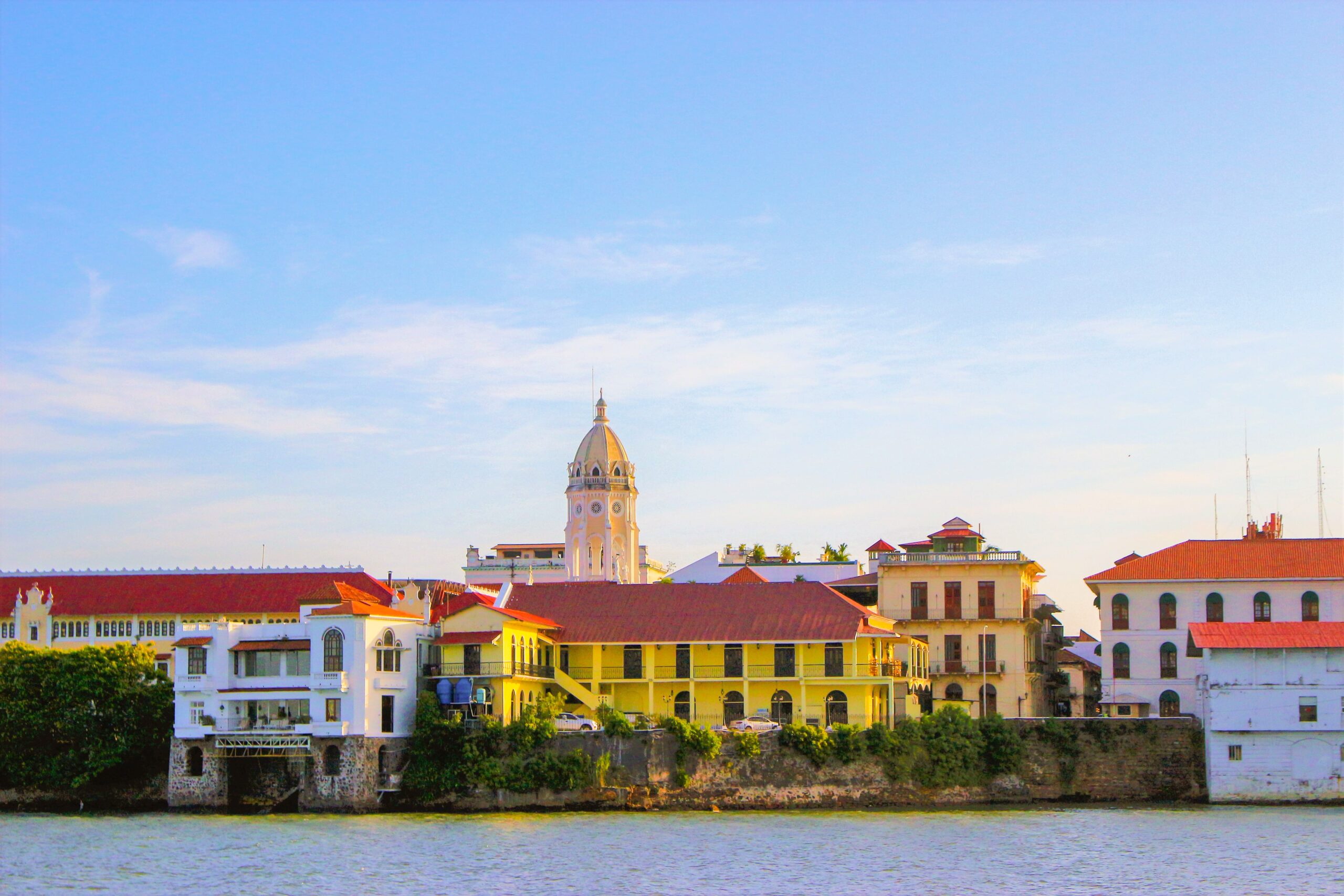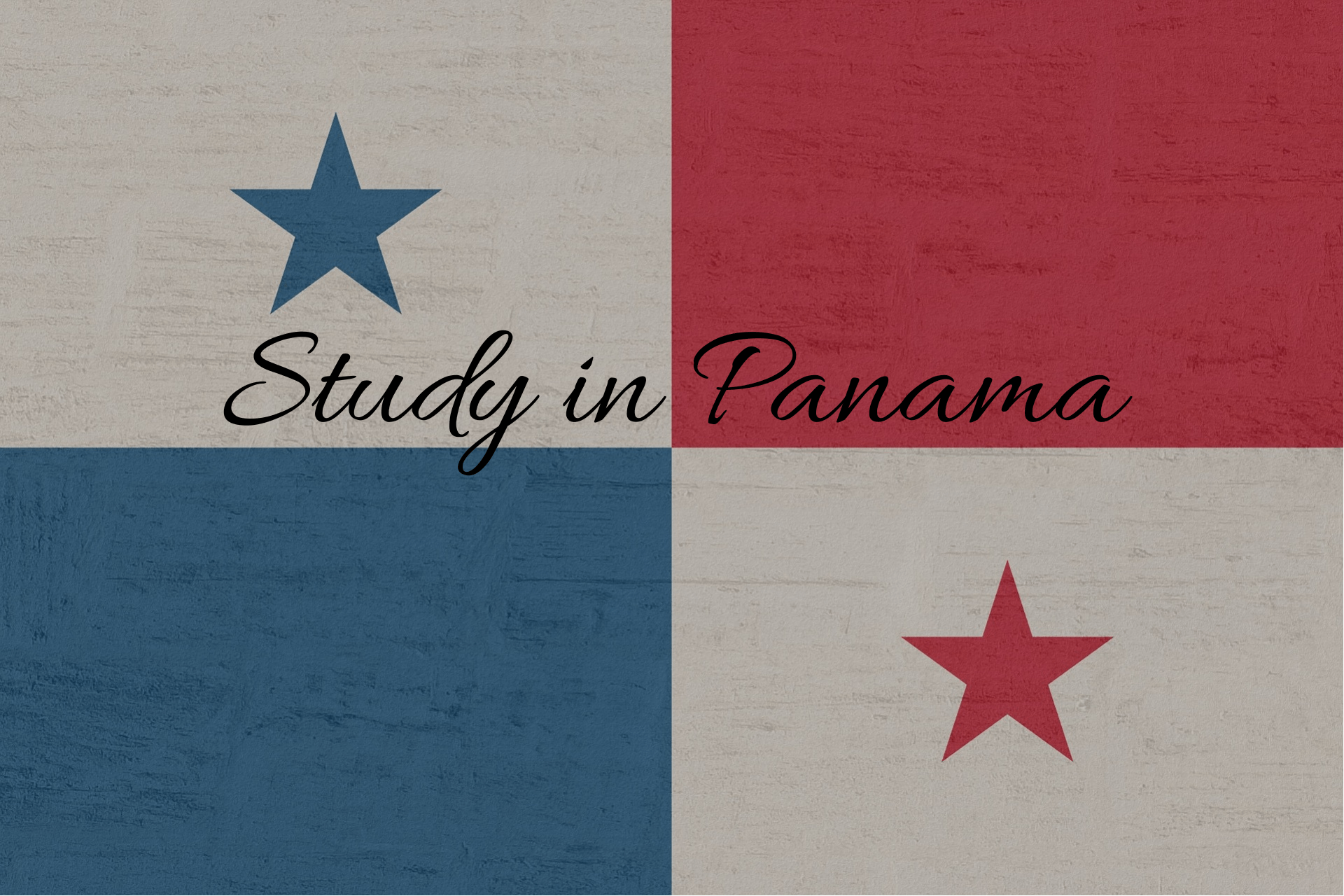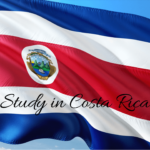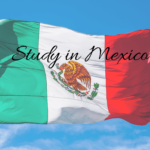
Why should you consider studying in Panama?
Why Panama?
There are several compelling reasons why you should consider studying in Panama:
- High-Quality Education: Panama has a strong education system with many reputable universities and colleges that offer excellent programs in various fields. Many of these institutions have partnerships with international universities, providing students with opportunities to gain a global perspective.
- Affordable Cost of Living: Compared to other countries in the region. Panama has a relatively low cost of living, making it an attractive option for students on a budget. Accommodation, transportation, and food are generally affordable and accessible.
- Diverse Culture: Panama is a melting pot of cultures, with influences from Europe, Africa, and indigenous cultures. This diversity provides students with the opportunity to learn about and experience different cultural perspectives.
- Beautiful Environment: Panama is home to stunning natural beauty, including tropical rainforests, beautiful beaches, and mountain ranges. This environment provides students with the opportunity to explore and enjoy outdoor activities such as hiking, surfing, and bird watching.
- Strategic Location: Panama is strategically located at the crossroads of North and South America. Making it an excellent base for exploring other countries in the region. The country also has a well-connected transportation system, with an international airport and a modern highway network.
- Growing Economy: Panama has one of the fastest-growing economies in Latin America. Creating numerous opportunities for internships, job placements, and entrepreneurship ventures.
In summary, studying in Panama offers an affordable, high-quality education in a beautiful and diverse environment with access to numerous opportunities for personal and professional growth.
What are the best courses to study in Panama?
There are several fields of study that are popular and in demand in Panama, including:
- Business: Business-related programs such as business administration, finance, and accounting are popular in Panama due to the country’s a growing economy and business opportunities.
- Tourism and Hospitality: Panama’s natural beauty, including its beaches, rainforests, and mountains, makes tourism and hospitality an attractive industry. Students can pursue programs in tourism management, hospitality management, or related fields.
- Engineering: Panama has an increasing demand for engineers, especially in the areas of civil engineering, electrical engineering, and mechanical engineering. With the construction of the Panama Canal expansion and other infrastructure projects, there are numerous opportunities for engineering graduates.
- Environmental Science: Panama is home to a diverse ecosystem, including rainforests, mangroves, and coral reefs. There is a growing demand for professionals with expertise in environmental science, environmental management, and related fields.
- Health Sciences: With an aging population and growing healthcare needs. Health sciences programs such as nursing, medicine, and public health are in high demand.
- Information Technology: Panama’s growing digital economy has created a demand for professionals in the field of information technology, including computer science, software engineering, and cybersecurity.
In summary, the best courses to study in Panama depend on your interests and career goals. However, popular and in-demand fields include business, tourism and hospitality, engineering, environmental science, health sciences, and information technology.
Top Universities in Panama
Here are some of the top universities in Panama according to the 2023 QS Top Universities rankings:
- University of Panama: The University of Panama is the oldest and largest university in the country. With a focus on research and teaching in various fields such as law, medicine, engineering, and social sciences.
- Technological University of Panama: The Technological University of Panama is a public university that specializes in technology-related fields such as engineering, information technology, and architecture.
- Quality Leadership University: Quality Leadership University is a private university that offers programs in business, entrepreneurship, and innovation. It has partnerships with several international universities and focuses on developing leadership skills in its students.
- Santa Maria La Antigua University: Santa Maria La Antigua University is a private Catholic university that offers programs in law, economics, and social sciences.
- Latin University of Panama: The Latin University of Panama is a private university that offers programs in law, business, and engineering. It has partnerships with several international universities and focuses on developing its students’ skills in innovation and entrepreneurship.
- Interamerican University of Panama: The Interamerican University of Panama is a private university that offers programs in education, law, psychology, and social sciences. It has partnerships with several international universities and focuses on providing a multicultural and diverse learning environment.
These are just a few of the many universities in Panama that offer high-quality education and a range of programs in various fields.
How to study in Panama?
If you’re interested in studying in Panama, here are the general steps to follow:
- Research Universities and Programs: Start by researching universities and programs in Panama that match your academic interests and career goals. Consider factors such as program duration, the language of instruction, cost, and admission requirements.
- Meet Admission Requirements: Once you’ve identified the university and program you’re interested in, make sure you meet the admission requirements. This typically involves submitting transcripts, standardized test scores, and other application materials. Some programs may require additional documents or a language proficiency test.
- Apply to the University: After ensuring that you meet the admission requirements. Apply to the university by submitting your application and required documents. Be sure to submit your application by the deadline.
- Apply for a Student Visa: If you’re accepted to a university in Panama. You’ll need to apply for a student visa. You can obtain this from the Panamanian embassy or consulate in your home country.
- Arrange for Housing and Living Expenses: Before you arrive in Panama, arrange for housing and living expenses. Some universities offer on-campus housing, while others may provide guidance on finding off-campus accommodation. Be sure to factor in the cost of living, including rent, transportation, and food.
- Arrive in Panama and Attend Orientation: Once you’ve arrived in Panama. Attend the university’s orientation to get acquainted with the campus, meet other students, and learn about the academic and cultural resources available to you.
Overall, studying in Panama requires research, planning, and preparation. By following these steps, you can ensure a smooth and successful experience studying in this beautiful and diverse country.
Essential Requirements
To study in Panama as an international student, you will typically need to meet the following essential requirements:
- Language Proficiency: You must demonstrate proficiency in the language of instruction, which is usually Spanish. You can do this by submitting a certificate of language proficiency or by taking a language proficiency test.
- Academic Qualifications: You must have completed your secondary education and have a high school diploma or equivalent. Some universities may have additional requirements for specific programs.
- Admission Requirements: Each university has its own admission requirements. Which may include submitting transcripts, standardized test scores, essays, and recommendation letters.
- Student Visa: You will need to obtain a student visa to study in Panama. To do this, you will need to provide proof of acceptance to a university in Panama, as well as other required documents.
- Health Insurance: You may be required to have health insurance while studying in Panama. Be sure to check with the university you will be attending to see if they require health insurance and what the specific requirements are.
- Proof of Financial Support: You will need to provide proof of financial support, such as bank statements or a letter of sponsorship. To show that you can cover your tuition and living expenses while studying in Panama.
These are some of the essential requirements to study in Panama as an international student. Be sure to check with the specific university you plan to attend for their admission requirements and any additional requirements they may have.
The estimated cost of fulfilling your study abroad dream
The cost of studying in Panama can vary depending on several factors, including the university, program, location, and living expenses. Here are some estimated costs for studying in Panama:
- Tuition Fees: The tuition fees for universities in Panama can range from around $2,000 to $8,000 per year, depending on the program and university. Private universities tend to have higher tuition fees than public universities.
- Accommodation: The cost of accommodation in Panama can range from around $200 to $800 per month, depending on the location and type of housing. On-campus housing may be more affordable than off-campus housing.
- Food and Other Living Expenses: The cost of food and other living expenses in Panama can vary depending on your lifestyle and location. You can expect to spend around $200 to $400 per month on food and other necessities.
- Health Insurance: You may be required to have health insurance while studying in Panama, which can cost around $50 to $100 per month.
- Transportation: The cost of transportation in Panama can vary depending on the location and mode of transportation. You can expect to spend around $30 to $100 per month on transportation.
Overall, the total cost of studying in Panama can range from around $7,000 to $15,000 per year, depending on the university, program, and living expenses. It’s important to factor in all of these costs when budgeting for your studies in Panama.
Academic Scholarships and Grants
There are several academic scholarships and grants available for international students who wish to study in Panama. Here are a few options:
- Panama Government Scholarships: The Panamanian government offers scholarships to international students who wish to study in Panama. These scholarships cover tuition fees and living expenses. To be eligible, students must meet certain academic requirements and apply through the Panamanian embassy or consulate in their home country.
- University Scholarships: Many universities in Panama offer scholarships and grants to international students based on academic merit or financial need. These scholarships can cover tuition fees, accommodation, and living expenses. Check with the university you plan to attend for information on available scholarships and how to apply.
- Organization Scholarships: There are several organizations that offer scholarships and grants to international students who wish to study in Panama. For example, the Organization of American States (OAS) offers scholarships to students from member countries who wish to pursue undergraduate or graduate studies in Panama.
- Study Abroad Scholarships: If you are studying at a university outside of Panama and wish to study abroad in Panama, there are several study abroad scholarships available. These scholarships can cover tuition fees, accommodation, and travel expenses. Check with your home university for information on available study-abroad scholarships.
It’s important to research and apply for scholarships and grants as early as possible. As many have application deadlines and limited funding. Be sure to check the eligibility requirements and application procedures for each scholarship or grant you are interested in.
Step-by-step process to get your Student Visa
Here is a step-by-step process to obtain a student visa for Panama:
- Apply to a Panamanian University: Before applying for a student visa, you must apply and be accepted to a university in Panama.
- Get an Acceptance Letter: Once you have been accepted to a university in Panama, you will receive an acceptance letter from the university.
- Prepare Documents: Gather all the necessary documents required for the visa application. These include a passport valid for at least 6 months beyond your intended stay, a visa application form, two passport-sized photographs, a copy of your acceptance letter from the university, proof of financial support, and a police clearance certificate.
- Submit Application: Submit your visa application at the Panamanian embassy or consulate in your home country. You may be required to appear in person for an interview and biometrics.
- Wait for Visa Approval: After submitting your application, you will have to wait for your visa to be approved. This can take several weeks, so it’s important to apply well in advance of your intended travel date.
- Obtain a Visa: If your visa is approved, you will receive a stamp in your passport that allows you to enter Panama as a student. Make sure to check the validity of the visa and any conditions or restrictions that may apply.
- Arrive in Panama: Once you arrive in Panama, you must register with the National Immigration Service within 15 days of your arrival.
It’s important to note that the specific requirements and procedures for obtaining a student visa for Panama may vary depending on your home country and the university you plan to attend. Be sure to check with the Panamanian embassy or consulate in your home country for the most up-to-date information on visa requirements and application procedures.
What are after-study opportunities in Panama?
After completing your studies in Panama, there are several opportunities available to you. Panama offers several works and settling opportunities for international students and graduates. Here are a few options:
- Work in Panama: If you wish to stay in Panama after completing your studies, you may be able to find work in your field of study. You will need to obtain a work visa. The visa application process can vary depending on the type of work you will be doing, but generally requires a job offer from a Panamanian employer. There are many industries in Panama, including finance, tourism, and logistics, that may have job opportunities for international graduates.
- Start a Business: Panama is a great place to start a business, with its growing economy and strategic location. As an international graduate, you may be eligible for a special visa program that allows you to start a business in Panama. This special visa program is for investors and entrepreneurs who wish to start a business in the country. This program allows you to obtain permanent residency and work authorization in Panama if you invest a minimum of $160,000 in a business.
- Panama-Pacifico Special Economic Area: The Panama-Pacifico Special Economic Area is a business hub located near Panama City. This area offers several work and investment opportunities for international students and graduates, with a focus on industries such as logistics, technology, and financial services.
- Language Teaching: If you are a native English speaker, you may be able to find work teaching English in Panama. There is a high demand for English teachers in Panama, especially in private language schools.
Other options
- Continue Your Education: If you wish to further your education, you may be able to pursue graduate studies in Panama. Many universities in Panama offer graduate programs in a variety of fields.
- Return to Your Home Country: After completing your studies in Panama, you may choose to return to your home country and apply your education and experiences to your career there.
- Explore Other Opportunities Abroad: Your education and experiences in Panama may also open up opportunities for you in other countries. Consider applying for international jobs or furthering your education in another country.
It’s important to note that the specific work and settling opportunities available to you after completing your studies in Panama may depend on your field of study, language proficiency, and other factors. Be sure to research and network to explore your options and make informed decisions about your post-graduation plans.
Hope you found this article helpful, if you have any suggestions or queries regarding this then feel free to comment on the post, and we will get back to your query ASAP. Thank you and Best of Luck😊.



